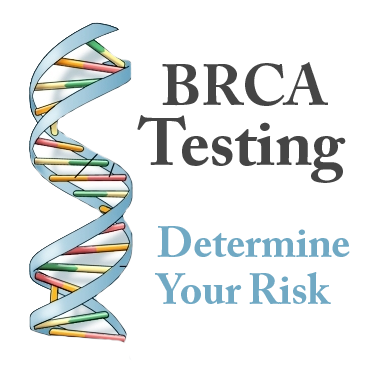Are You At Increased Risk of Carrying the BRAC1 or BRAC2 Mutation?

One of the greatest things about my job is being able to meet so many smart, motivated and inspiring people. At an oncology conference I spoke at recently, I met a woman named Karen Herold, a High Risk Nurse Practitioner at the Women’s Health Institute at Hoag. I found that after leaving Karen I still had an unanswered question: are there ways to find out if you might be at an increased risk of caring the BRCA1 or BRACA2 mutation? Here is Karen's answer:
I am passionate about breast cancer risk reduction and run the early breast cancer risk assessment program at Hoag. You asked me to send you a list of questions that a person should ask themselves to determine if they might be at increased risk of a BRCA1 or BRCA2 mutation. An answer of Yes to any of the questions below could be a warning sign that there might be a BRCA1 or BRCA 2 mutation tracking within a family:
- Has a male been diagnosed with breast cancer?
- Is there Ashkenazi Jewish ancestry with a breast, ovarian or pancreatic cancer diagnosis in the family?
- Has there been an ovarian cancer diagnosis in the family (at any age)?
- Has there been a breast cancer diagnosis under the age of 50 (more strongly suspicious if the diagnosis was at < 45 years old) in the family?
- Have there been two breast cancer diagnoses on the same side of the family ?
- Was someone in the family diagnosed with triple negative breast cancer?
- Was breast cancer diagnosed in both breasts in the same woman?
- Has someone in the family been diagnosed with a BRCA mutation?
If the answer is “ yes” to any of these questions then the individual should probably be referred to a genetic counselor. Of course there are other cancers that track with BRCA1 and 2 mutations like prostate cancer and pancreatic cancer. And, additionally there are other types of cancers that can be seen with breast cancer that may be associated with different genetic mutations that could confer an increased risk of developing breast cancer.


